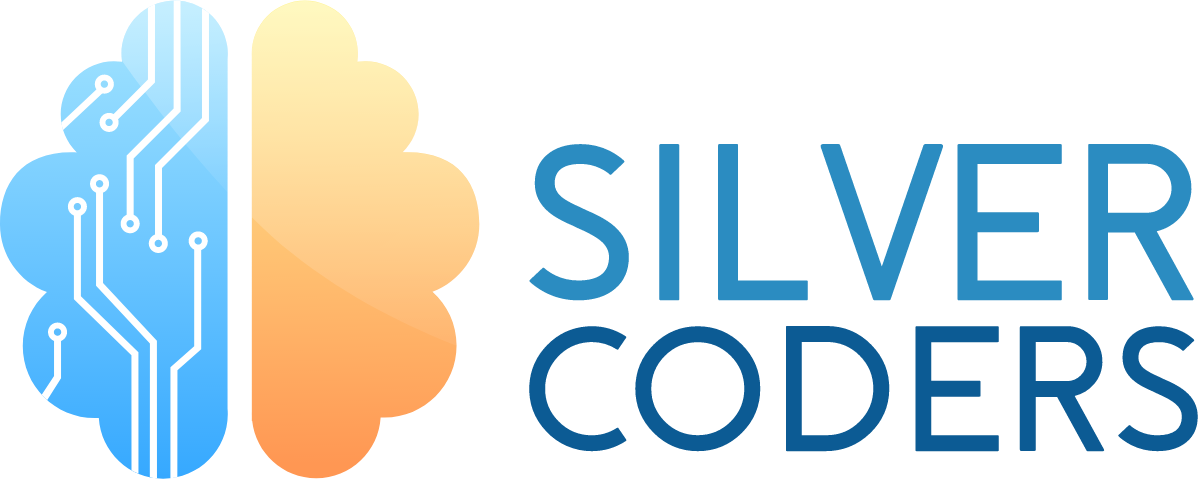About us

The background
The exclusion of many adults from the digital literacy process prevents them from being fully integrated in the Knowledge and Information Society. With the COVID-19 crisis, it became very urgent, all across Europe, the need to modernise all sectors of education and work, and provide to the people involved in them the necessary expertise to adapt their functions to the digital and online world. To do so in an inclusive and comprehensive way, it is crucial to capacitate the groups that are typically less confident in their digital skills, such as the 55+ adults.
Coding, in particular, can help improve problem-solving, teamwork and analytical thinking skills, as well as enhance creativity, teach people to cooperate across physical and geographical boundaries and to communicate in a universal language (DG Connect, 2020).
For adults, studies have demonstrated a positive transfer of coding and programming skills to situations that required creative thinking, mathematical skills, and metacognition, followed by spatial skills and reasoning. It has been proved that the development of digital skills is, for older adults, clearly a way to keep the mind active and to maintain the cognitive skills namely in terms of creativity, attention, working memory and language processing. This has enormous advantages in a world where adults have to master financial abilities, personal and social management skills, etc. It can be helpful, also, if we think about the possibility of these adults intervening in the creative and cultural sectors, which could benefit from becoming more digital, wide-ranging and modern. This renovation would contribute to making the sector (one of the hardest-hit ones) more adaptable, resilient, and able to survive and prosper in the current situation and in possible future challenges as well.
